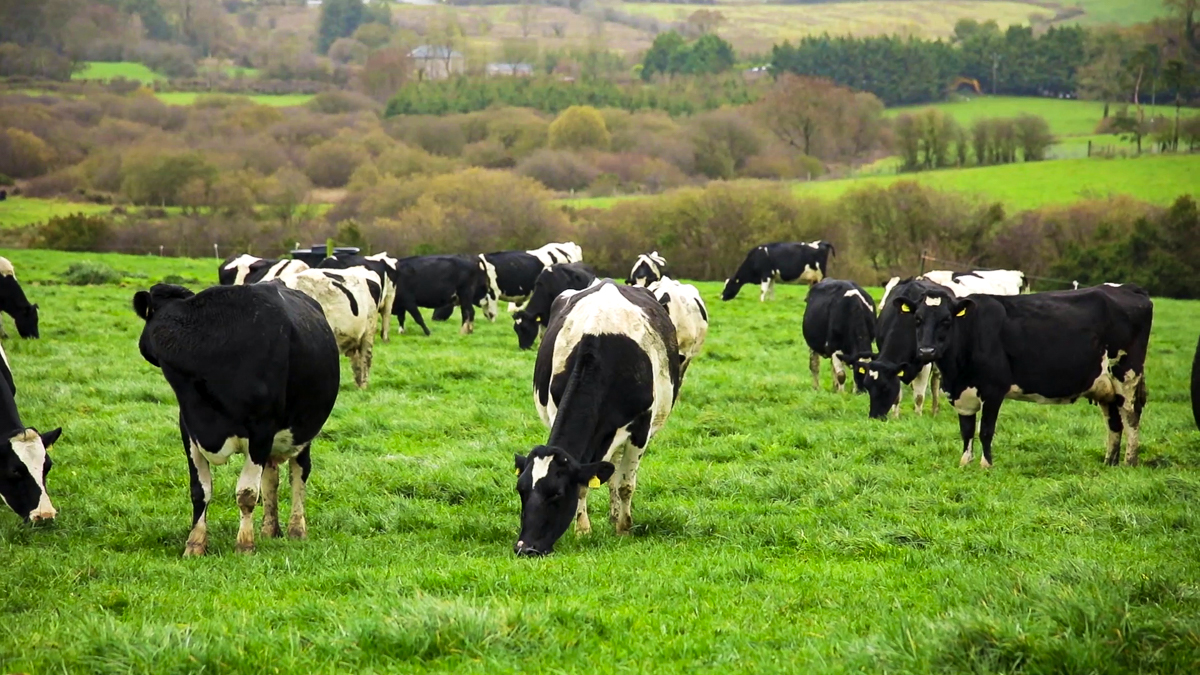The three parties involved in government formation – Fianna Fáil, Fine Gael and the Green Party – agreed in the Programme for Government that examining greenhouse gas (GHG) emissions on a production basis had “limitations”.
The programme states that the parties – if they are successful in forming a government – will conduct a review comparing this to GHG emissions on a consumption basis.
The document states: “We are conscious of the limitations of examining GHG emissions solely on a production basis.
We will conduct a review of GHG emissions on a consumption basis, with a goal of ensuring that Irish and EU action to reduce emissions supports emission reductions globally as well as our own territories.
It has been argued from several quarters that accounting for emissions on a purely production basis reflects negatively on regions where production of agri-food products accounts for a larger proportion of emissions.
Accounting for consumption (where agri-food products are consumed as well as where they are produced) in examining emissions would provide a more balanced approach, it is generally thought.
Climate governance
This plan for a review on emissions is to be found in the climate governance section of the Programme for Government.
Among the other points contained in this section is included a plan for a new Climate Action (Amendment) Bill, to be introduced in the Dáil within 100 days of the government taking power.
This bill will, among other things:
- Set a target to decarbonise the economy by 2050 at the latest;
- Make the adoption of ‘five-year carbon budgets’ – setting maximum emissions by sector – a legal requirement;
- Establish a Climate Action Council on “an independent statutory footing”, with “increased scientific expertise in its membership”;
- Ban the sale of new petrol and diesel cars from 2030 and ban the importation of second-hand petrol and diesel cars by the same year.
